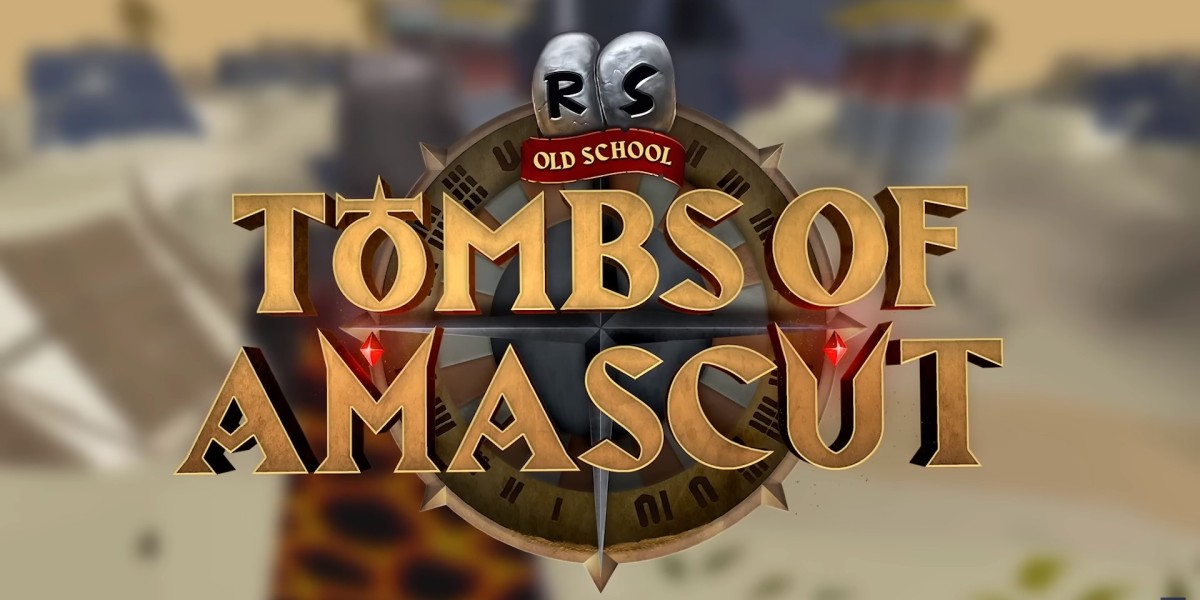Coping with Food Guilt During Sydney’s Food Festivals & Social Events
Sydney is a paradise for food lovers, boasting a vibrant culinary scene with endless festivals, street markets, and social gatherings. From the famous Night Noodle Markets to the Sydney Seafood Festival, the city offers countless opportunities to indulge in delicious cuisine. However, for those struggling with disordered eating patterns, these events can bring more anxiety than joy. Feelings of guilt, shame, or a sense of losing control over food choices can overshadow the experience. Understanding how to navigate these situations with confidence and self-compassion is essential, and seeking guidance from an eating disorder psychologist can help build healthier relationships with food.
Understanding Food Guilt
Food guilt is a common struggle, especially in social settings where indulgence is encouraged. Many people feel pressure to eat “clean” or stick to restrictive diets, leading to guilt when consuming foods perceived as unhealthy. This mindset often stems from cultural influences, social media trends, or past experiences with dieting. However, labeling food as “good” or “bad” can create a harmful cycle of restriction and overindulgence.
For individuals recovering from an eating disorder, food guilt can be particularly intense. The fear of judgment from others, anxiety about losing control, or pressure to conform to social eating norms can make food festivals and events overwhelming. Recognizing these feelings is the first step toward managing them effectively.
Why Food Festivals Can Be Triggering
Sydney’s food festivals celebrate culinary diversity, offering everything from gourmet street food to indulgent desserts. While these events bring people together over shared meals, they can also present challenges for those working on a balanced approach to eating. Some common triggers include:
- Fear of Overeating – The variety of food options may create anxiety about portion sizes and losing control.
- Dietary Expectations – Social pressure to eat a certain way, whether avoiding or indulging, can be overwhelming.
- Comparisons to Others – Watching how others eat may lead to self-judgment and negative self-talk.
- Past Dieting Habits – Memories of restrictive eating can make it difficult to enjoy food freely.
Recognizing these triggers can help in creating strategies to navigate them with confidence and ease.
Strategies to Cope with Food Guilt
1. Reframe Your Mindset About Food
Food is more than just fuel—it is a source of enjoyment, connection, and culture. Instead of categorizing food as “good” or “bad,” try to see all food as neutral. Eating a variety of foods, including indulgent treats, is part of a balanced approach to nutrition. Giving yourself permission to enjoy food can help reduce feelings of guilt.
2. Plan Ahead but Stay Flexible
Before attending a food festival, consider setting an intention rather than strict rules. Think about what you’d like to try and how you want to feel. At the same time, allow yourself flexibility—if you decide to try something unexpected, it’s okay. The goal is to listen to your body’s hunger and satisfaction cues.
3. Focus on the Experience, Not Just the Food
Food festivals are about more than eating—they offer live music, cultural performances, and social connections. Shifting your focus to the overall experience can help take the pressure off food choices. Engage with friends, explore different vendors, and enjoy the event beyond what’s on your plate.
4. Practice Self-Compassion
If you experience food guilt, remind yourself that one meal or day of indulgence does not define your health or self-worth. Speak to yourself as you would to a friend—would you shame someone else for enjoying food? Practicing kindness toward yourself is key in overcoming guilt.
5. Challenge Negative Thoughts
Cognitive distortions, such as all-or-nothing thinking, can make food guilt worse. If you catch yourself thinking, “I ate something unhealthy, so I’ve ruined my progress,” challenge that thought. Remind yourself that balance is about consistency over time, not perfection in every meal.
6. Eat Regular Meals Before the Event
Skipping meals to “save calories” for a festival can backfire, leading to extreme hunger and loss of control. Eating balanced meals throughout the day helps stabilize blood sugar and prevents overeating out of deprivation.
7. Seek Professional Support
If food guilt significantly impacts your ability to enjoy social events, working with an eating disorder psychologist can provide guidance. Therapy can help identify underlying beliefs about food, build coping strategies, and support a healthier relationship with eating.
The Role of Mindful Eating in Social Settings
Mindful eating is a helpful practice that allows you to fully enjoy food without guilt or anxiety. At food festivals, this means:
- Eating slowly and savoring flavors
- Checking in with hunger and fullness levels
- Noticing how different foods make you feel physically and emotionally
- Making choices based on preference rather than fear or external rules
By practicing mindfulness, you can enhance your enjoyment of food while maintaining a sense of control and balance.
Embracing Food Freedom
Food festivals and social gatherings should be a source of joy, not stress. Embracing food freedom means letting go of rigid food rules and trusting your body’s signals. It’s okay to enjoy a dessert without guilt, just as it’s okay to choose a salad if that’s what feels good. The key is honoring your needs without pressure or self-judgment.
Final Thoughts
Navigating Sydney’s food festivals with confidence takes practice, but it is possible. By shifting your mindset, challenging food guilt, and using mindful strategies, you can fully enjoy these experiences without anxiety. If food guilt feels overwhelming, seeking support from an eating disorder psychologist can provide the tools needed to cultivate a healthier relationship with food.


